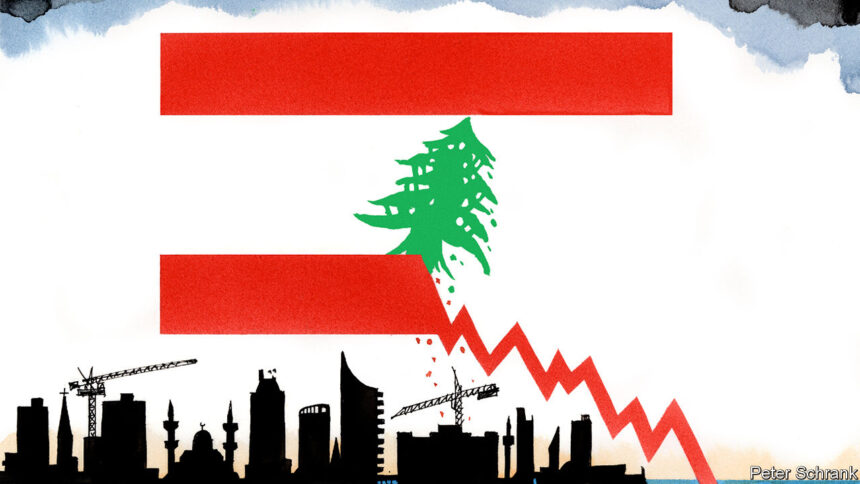ANALYSIS: Foreign currency checks drawn from or deposited in Lebanon will absolutely be impacted if Lebanon is listed—or remains listed—as a high-risk jurisdiction under the EU’s anti-money laundering (AML) and counter-terrorism financing (CFT) framework.
The European Commission has updated its list of high‑risk jurisdictions presenting strategic deficiencies in their national anti‑money laundering and countering the financing of terrorism (AML/CFT) regimes. EU entities covered by the AML framework are required to apply enhanced vigilance in transactions involving these countries. This is important to protect the EU financial system.
A number of third‑country jurisdictions were added to the list (Algeria, Angola, Côte d’Ivoire, Kenya, Laos, Lebanon, Monaco, Namibia, Nepal and Venezuela), while other jurisdictions were delisted (Barbados, Gibraltar, Jamaica, Panama, the Philippines, Senegal, Uganda, and the United Arab Emirates).
The EU list identifies countries with strategic deficiencies in their national AML/CFT frameworks. It flags jurisdictions where financial systems are perceived to be vulnerable to money laundering, terrorist financing, corruption, or weak regulatory enforcement.
For countries on the list EU banks, investors, and financial institutions must apply enhanced due diligence (EDD) when dealing with clients, transactions, or assets from those jurisdictions.
This includes:
Additional scrutiny on transfers,
Demands for more documentation,
Delays in processing,
Higher compliance costs,
Sometimes full refusal of services.
Implications for Lebanon
Lebanon’s presence on the EU high-risk AML list is not just symbolic—it is a serious structural barrier to re-integrating with the global financial system. Unless concrete, credible reforms are implemented soon, Lebanon risks becoming a financial pariah, making recovery, trade, investment, and aid significantly more difficult.
1. Financial Isolation Risk
If Lebanon is on or remains on this list, it becomes less attractive to EU-based banks, investors, fintech firms, and correspondent banks.
This worsens the existing banking crisis, especially since Lebanon is already struggling with correspondent banking relationships due to:
Lack of transparency,
Accusations of banking secrecy misuse,
Political interference in banking supervision.
2. Pressure on the Central Bank and Regulators
The update increases pressure on Banque du Liban (BDL) and Lebanese authorities to:
Implement real reforms,
Rebuild Financial Intelligence Unit (SIC) credibility,
Pass legislation aligned with FATF/EU standards.
3. Capital Flight and Dollar Shortage
The increased compliance burden will likely discourage fresh capital inflows from Europe and the Lebanese diaspora.
Remittances—which make up ~20% of Lebanon’s GDP—could face delays or higher fees, further tightening FX liquidity.
4. Higher Risk Premium for Investors
For EU-based investors, Lebanese assets are now riskier.
Even if profitable opportunities arise (e.g., real estate, startups), the regulatory burden discourages investment and drives up cost of capital.
5. Impact on Aid and Recovery
Lebanon is hoping for international donor support, IMF reforms, and EIB/EU technical assistance. Being seen as a high-risk AML/CFT jurisdiction undermines credibility and delays fund disbursement.
Implications on Transactions and Settlements
Foreign currency checks drawn from or deposited in Lebanon will absolutely be impacted if Lebanon is listed—or remains listed—as a high-risk jurisdiction under the EU’s anti-money laundering (AML) and counter-terrorism financing (CFT) framework.
EU Commission Updates List of High-Risk Countries to Strengthen Fight against Financial Crime

Leave a Comment Leave a Comment


















